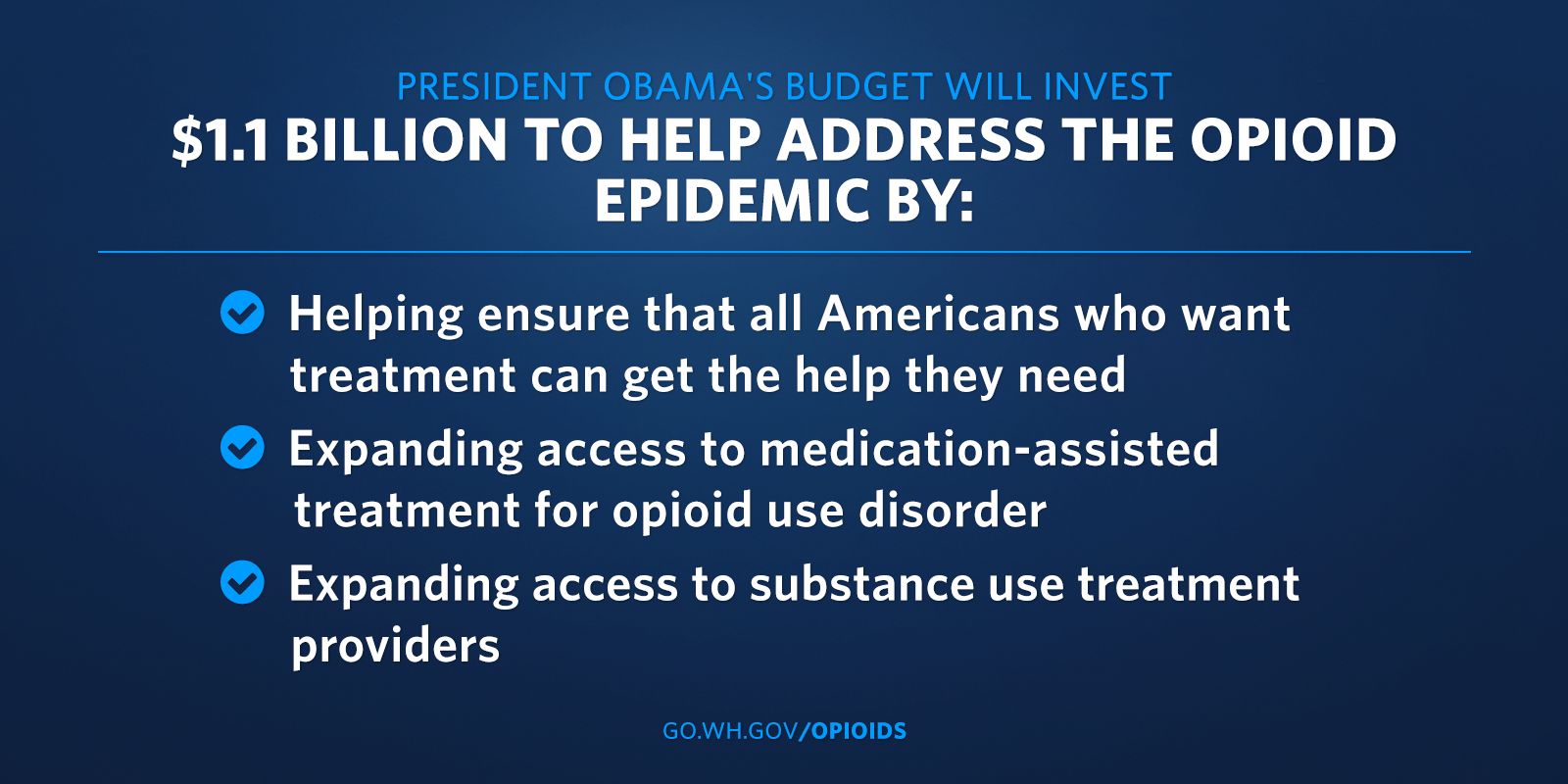Nurse Practitioners Recognized in Obama's Opioid Abuse Plan
In a $1.1 billion proposal to Congress, President Barack Obama recognized the vital role nurse practitioners play in addressing the country’s opioid abuse and heroin use epidemic.
In a $1.1 billion proposal to Congress, President Barack Obama recognized the vital role nurse practitioners play in addressing the country’s opioid abuse and heroin use epidemic.
Part of this proposed funding is earmarked for the US Department of Health and Human Services (HHS) to launch a pilot program for nurse practitioners to prescribe buprenorphine for opioid use disorder treatment where state law allows.
“As partners in health to millions of Americans, nurse practitioners play a vital role in ensuring patient health and safety, and we stand ready to address this health crisis,” American Association of Nurse Practitioners (AANP) President Cindy Cooke, DNP, FNP-C, FAANP, said in a statement responding to President Obama’s proposal. “Opioid abuse in America has become a national epidemic. AANP applauds the White House's efforts to help expand patient access to substance abuse treatment.”
The proposal also includes new mandatory funding over the next 2 years to expand patient access to substance abuse treatment, increase the availability of medication-assisted treatment for opioid use disorders, and improve access to the drug overdose antidote naloxone.

Back in October 2015, President Obama announced in West Viriginia some of thefederal, state, local, and private sector effortsagainst prescription drug abuse before an audience of health care professionals and individuals affected by the opioid epidemic.
“Opioid abuse and overdoses have hurt families from across this nation,” HHS Secretary Sylvia Mathews Burwell said in a news conference. “My home state of West Virginia has felt the cost almost more than any other.”
According to the White House, the proposed new funding will be specifically allocated in the following ways:
- $920 million to support cooperative agreements with states to expand access to medication-assisted treatment for opioid use disorders. States will receive funds based on the severity of the epidemic and on the strength of their strategy to respond to it. States can use these funds to expand treatment capacity and make services more affordable.
- $50 million in National Health Service Corps funding to expand access to substance use treatment providers, which will help support approximately 700 health care providers who can administer substance use disorder treatment services, including medication-assisted treatment, in areas across the country most in need of these specialists.
- $30 million to evaluate the effectiveness of treatment programs employing medication-assisted treatment under real-world conditions and help identify opportunities to improve treatment for patients with opioid use disorders.
Opioids were involved in 28,648 deaths in the United States in 2014, according to new data from the US Centers for Disease Control and Prevention. More Americans currently die from drug overdoses than motor vehicle crashes.
